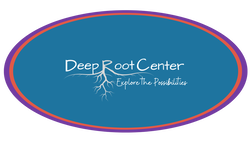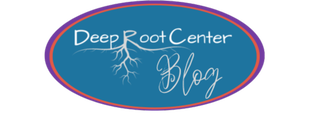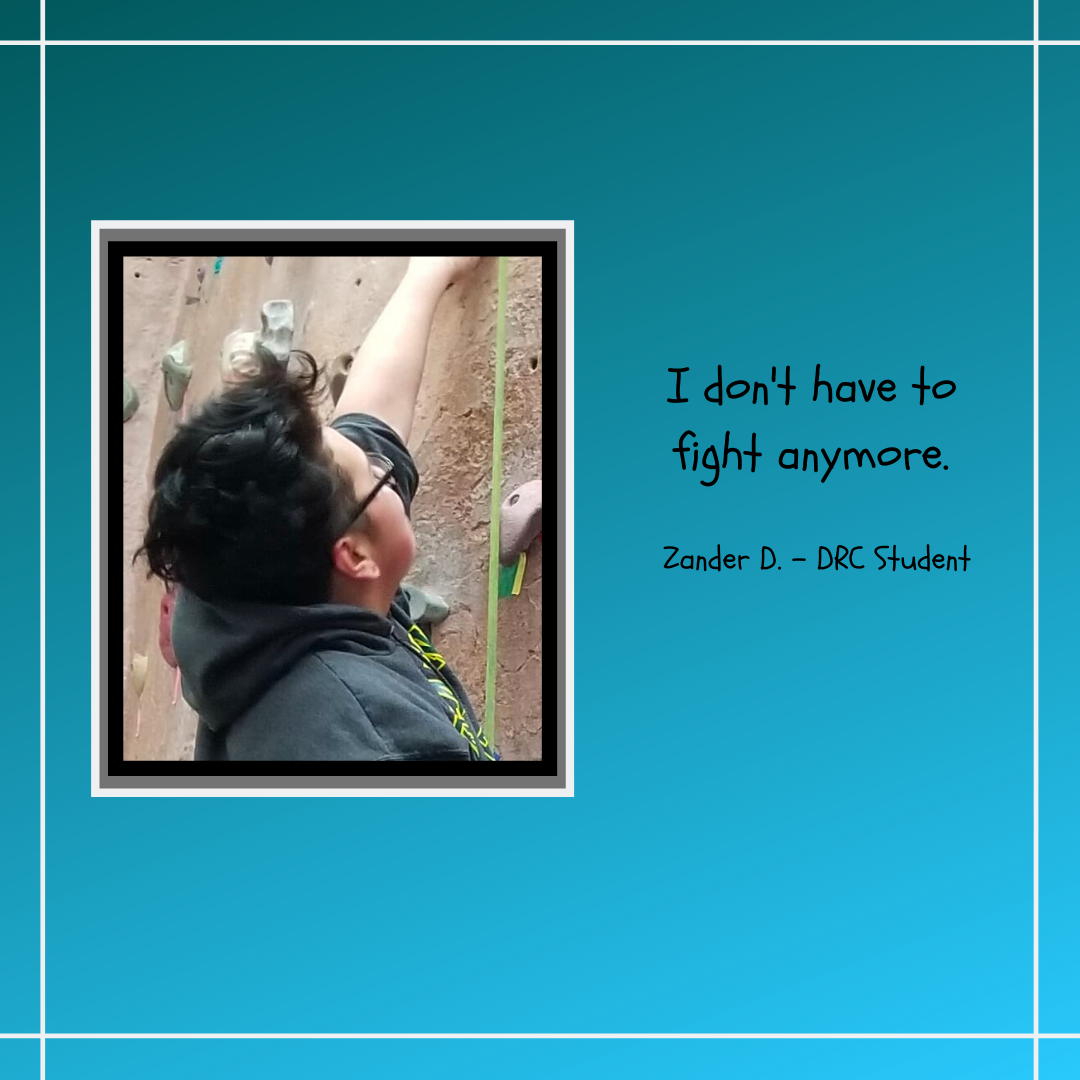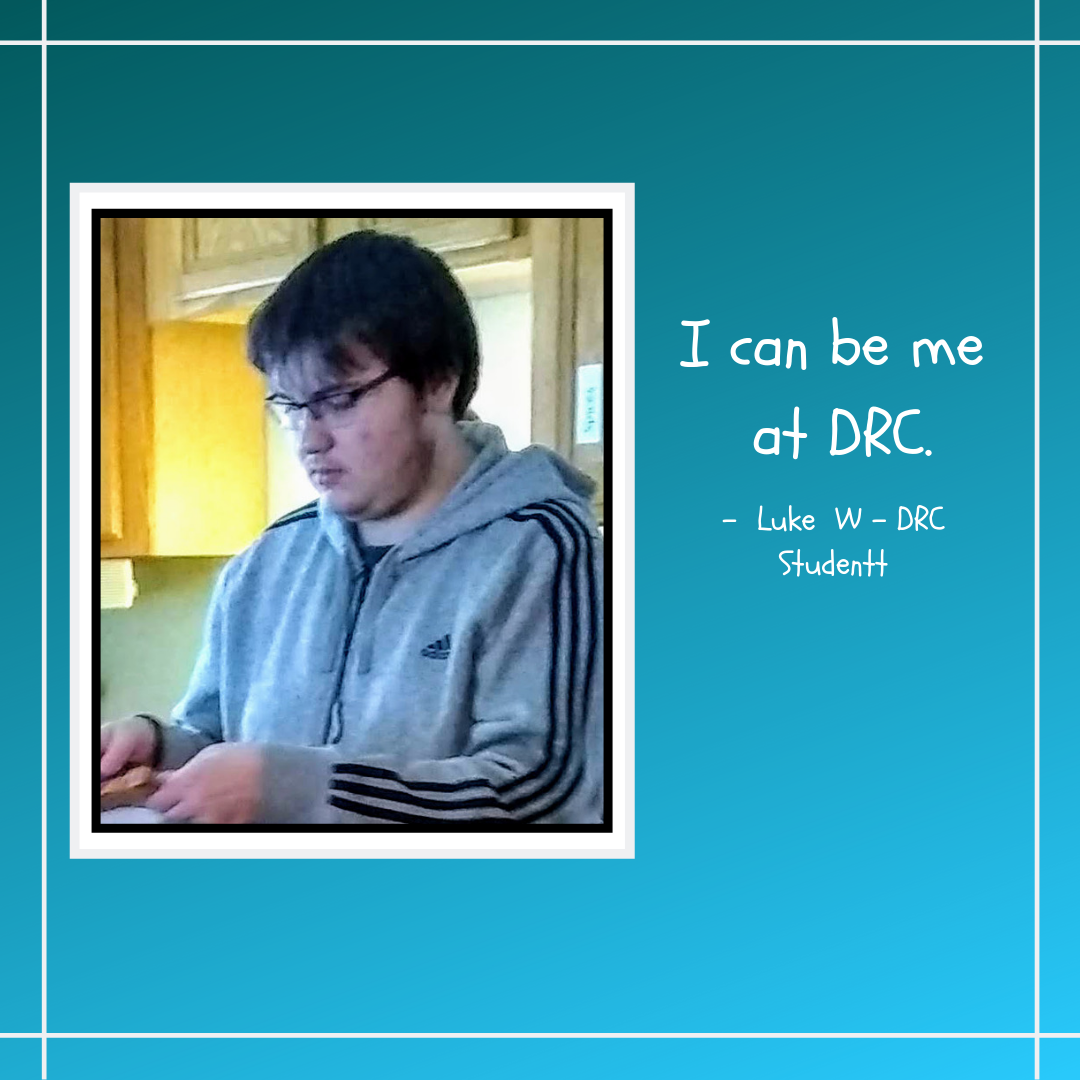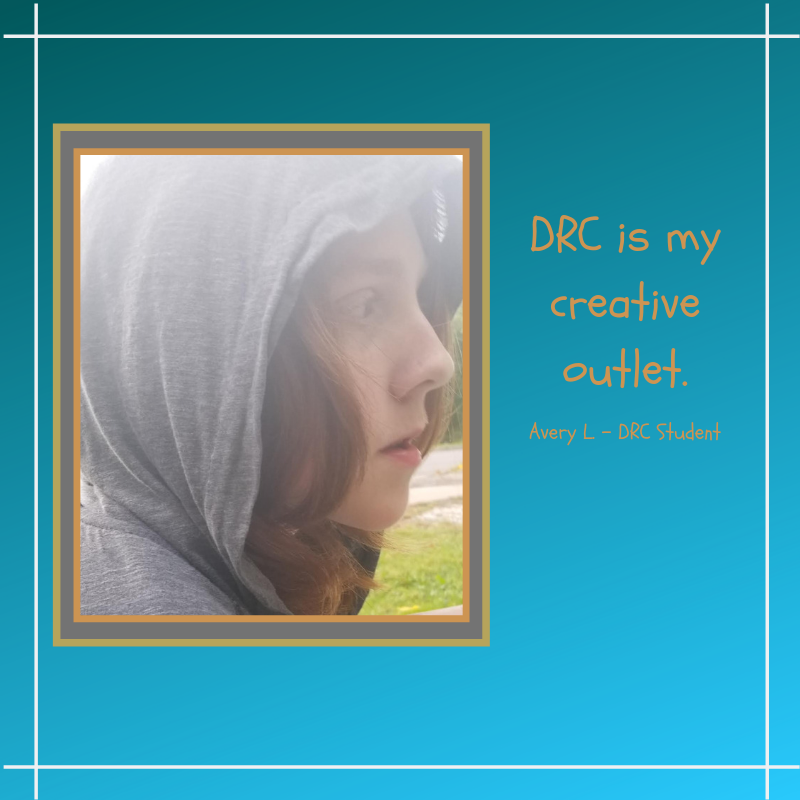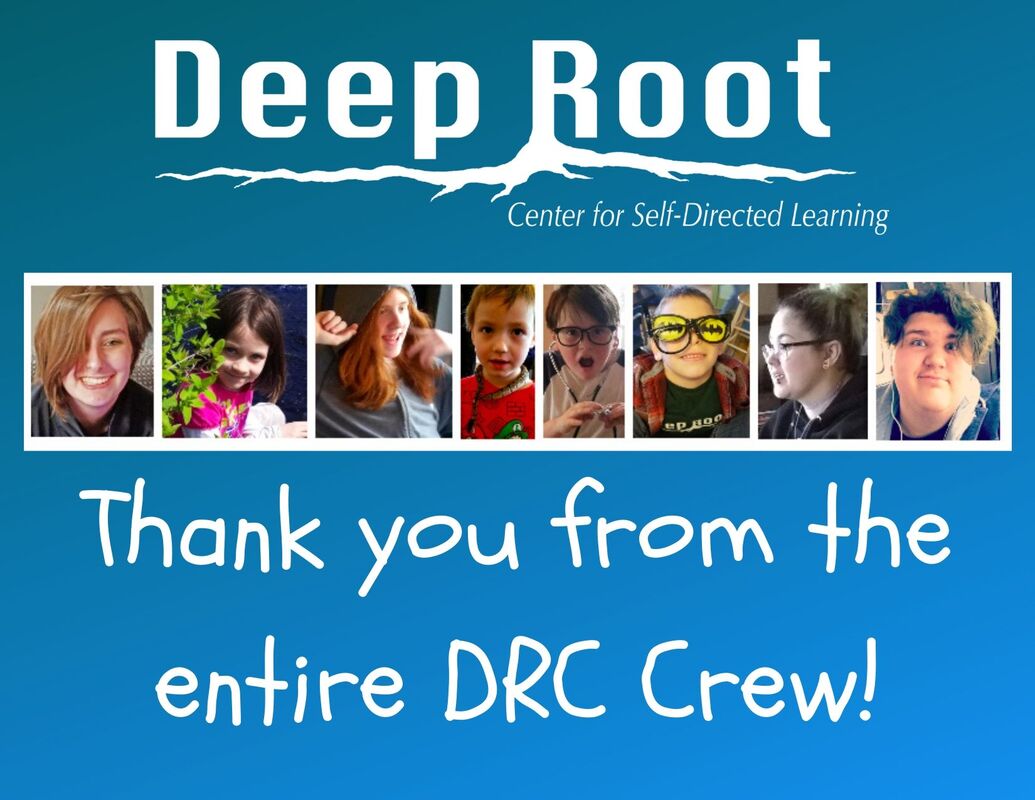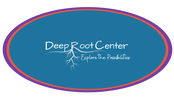|
Watching young people, who have experienced trauma, flounder, make excuses, and disengage from their life is a heartbreaking task I am “forced” to endure (and, respond to) every single day. I am embarrassed to say there were a few occasions, these past couple weeks, that I was not able to meet this challenge with positivity or compassion; in fact, my reactions bordered on frustration and barely contained anger. Not a proud statement to place in the first paragraph of a blog post that is an attempt to illustrate the devastation of learned helplessness, one of the detrimental and life-long effects of childhood trauma. Nevertheless, it is a personal disclosure that I hope will help others, not only recognize the symptoms, but attend to those who are suffering, without bias or criticism. Learned helplessness is a term coined by Psychologists, Martin Seligman and Steven Maier, in 1967, when they were conducting animal behavior research and discovered that after repeated exposure to stress, an animal (in this case dogs) would become passive and stop trying to “fix” their situation. They soon realized that this phenomenon transfers to humans too. Children who have been exposed to trauma behave in much the same way. To put it bluntly - they just give up. They are sad, apathetic, lack the ability to self-motivate, feel powerless, have few interests, deflect, are unwilling to try new things because they are afraid of failing, and, possibly the most concerning symptom, is their seeming detachment from their own life, as well as the people around them. Through exposure to trauma, they are simply conditioned to believe that they are incapable of making positive changes that will affect their own realities and those of the wider world. For a person who is the complete opposite of all those things – it is, straight-up, exhausting to be around those who are passive and defeatist. Yes, I understand, honor, and respect all the reasons – it is still extremely difficult to watch. (After all, I am neither a saint, nor am I superhuman.) No, those suffering are not lazy. Nor are they willfully trying to make you (me) angry. Although, at times (especially this past week), it is very easy to believe those two particular condemnations. How then, do (can) we, as mentors and (safe adults), maneuver through our own emotional triggers to help these kids? I believe that our first goal is to present ourselves as real, flawed people with all the typical baggage everyone carries through life. Use your personal stories as examples of the ways you met challenges and succeeded. Provide time and space for healing – as much as they need. Create an atmosphere that feels cozy, comfortable, and safe – a place they can equate with feelings of positivity, love, and acceptance. Present opportunities for them to talk about their experiences without judgment and draw out tales from their lives that exhibit favorable outcomes. Politely point out their negative self-talk and coach them to use affirmations instead. Gently get them up and moving – engaged in everyday activities. When they say “I can’t” or “I don’t know how,” walk them through the task – one step at a time - calmly and without censure (this is the exact point where I came up short of patience in the past few weeks). Encourage those who feel powerless to make one change – one decision, and then support them to take ownership of that choice, whether it was favorable or not. Prompt them to start thinking and talking about their future – to make lists with goals and aspirations along with incremental steps they can take to get to those objectives. Make a point of noticing and mentioning every single positive step they have taken – no matter how small. Most importantly – be gentle with yourself. If you screw-up, admit it, apologize, and move forward. Our most valuable contributions to those who are suffering from learned helplessness is to model real-life, with all of its opportunities to contribute to the elegance and beauty of human connection, as well as the pitfalls that will inevitably cause pain. I fully believe that our core purpose for being here is to enjoy our one life to the fullest, and to advance purposefully with new knowledge (acquired from all of our mistakes), and, intentions to do better next time, all the while helping others to do the same. Onward! DRC News End of Year Funding Appeal Reason Number One for investing your philanthropic contributions in Deep Root Center: DRC is the one place in the North Country committed to providing a safe, non-coercive, self-directed learning environment where kids, who are not positively served by the public-school system, are authorized, and, supported to follow their interests and to make decisions about their own education and life. We do this by keeping our promise to help any child, whether their family can pay our tuition or not. You can contribute to my Facebook Birthday Fundraiser here. Or, you can go to our website and donate there. We are specifically encouraging people to sponsor a DRC kid with a one-time donation or a monthly contribution. You can also check with your workplace to see if they offer matching contributions. Thank you! Behind the Scenes:
We are making some progress on DRC – East. However, as with all new ideas and ventures, we have encountered the fated “two steps forward, one step back” syndrome. We will keep you updated in this space.
1 Comment
Christopher Prue
11/17/2019 07:38:16 pm
Your insights hit it right on the head of what I’ve been experiencing recently. Thank you for validating this and offering suggestions.
Reply
Your comment will be posted after it is approved.
Leave a Reply. |
|
© 2024 Whole Learners, Inc. 501(c)3
Deep Root Center
48 Riverside Drive, Canton, NY 13617
315*323*1435/[email protected]
Deep Root Center
48 Riverside Drive, Canton, NY 13617
315*323*1435/[email protected]
